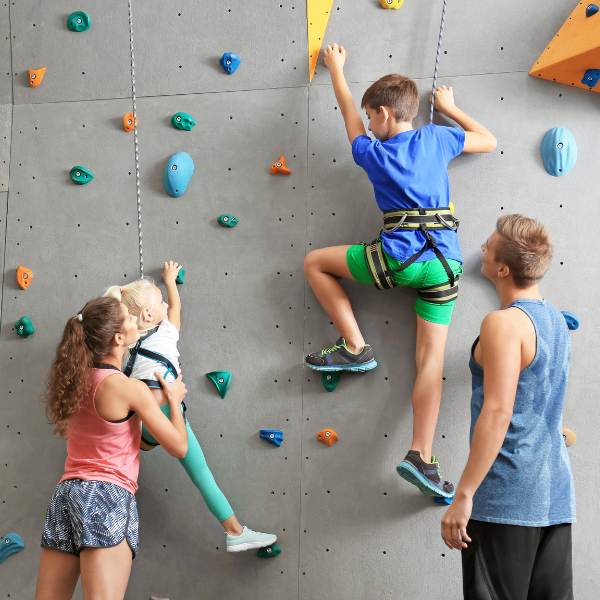
The Impact of Exercise on Child Growth: Finding the Right Balance
Infinitree Editor
The Impact of Exercise on Child Growth: Finding the Right Balance
As parents, we often wonder about the best ways to support our children's growth. While nutrition plays a crucial role, physical activity is another key factor that can significantly impact a child's development. Let's explore how exercise influences growth and how to find the right balance for optimal results.
The Connection Between Exercise and Growth
Regular physical activity offers numerous benefits for growing children:
- Bone Strength: Weight-bearing exercises stimulate bone formation, increasing bone density and strength [1].
- Muscle Development: Physical activity promotes muscle growth and improves coordination.
- Growth Hormone Production: Exercise can stimulate the release of growth hormone, especially high-intensity activities [2].
- Cardiovascular Health: Regular exercise strengthens the heart and improves overall circulation, supporting efficient nutrient delivery throughout the body.
- Cognitive Development: Physical activity has been linked to improved brain function and academic performance [3].
Finding the Right Balance
While exercise is beneficial, it's crucial to find the right balance:
- Age-Appropriate Activities: Choose activities suitable for your child's age and developmental stage.
- Variety: Encourage a mix of activities to work different muscle groups and maintain interest.
- Duration: Aim for at least 60 minutes of moderate to vigorous physical activity daily for school-age children.
- Rest and Recovery: Ensure adequate rest between activities to prevent overtraining and allow for growth and repair.
- Fun Factor: Make exercise enjoyable to encourage long-term participation.

Supporting Growth Through Exercise and Nutrition
To maximize the benefits of exercise on growth, it's essential to combine physical activity with proper nutrition. This is where supplements like Opti-Up Alpha Plus can play a supportive role.
Opti-Up Alpha Plus contains key ingredients that may complement an active lifestyle:
- L-Arginine: This amino acid may support growth hormone release, potentially enhancing the natural surge that occurs during exercise [4].
- L-Glutamine: Known for its role in muscle recovery, glutamine can support the repair processes after physical activity [5].
- Calcium Citrate: More easily absorbed than calcium carbonate, it provides essential calcium for bone growth and strength.
- Colostrum: Rich in growth factors, colostrum may support overall growth and immune function, which is particularly beneficial for active children.
Remember, while supplements can be beneficial, they should complement, not replace, a balanced diet and healthy lifestyle. Always consult with a healthcare professional before starting any new supplement regimen for your child.
By encouraging regular, age-appropriate physical activity and supporting it with proper nutrition, you're providing your child with a strong foundation for healthy growth and development. The key is finding the right balance that allows your child to enjoy the benefits of exercise while avoiding the risks of overtraining.

[References]
- Gunter, K. B., et al. (2012). Medicine and Science in Sports and Exercise.
- Godfrey, R. J., et al. (2003). Sports Medicine.
- Donnelly, J. E., et al. (2016). Medicine and Science in Sports and Exercise.
- Kanaley, J. A. (2008). Growth Hormone & IGF Research.
- Legault, Z., et al. (2015). Journal of the International Society of Sports Nutrition.













